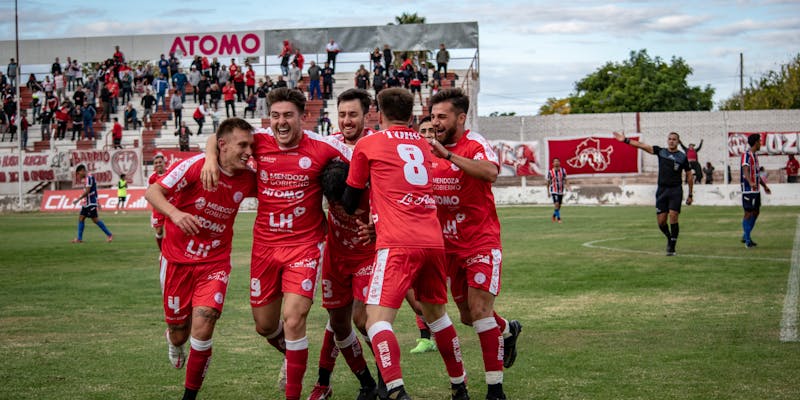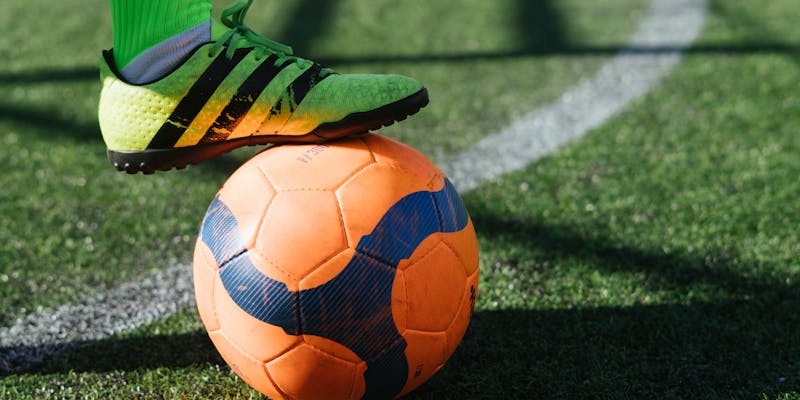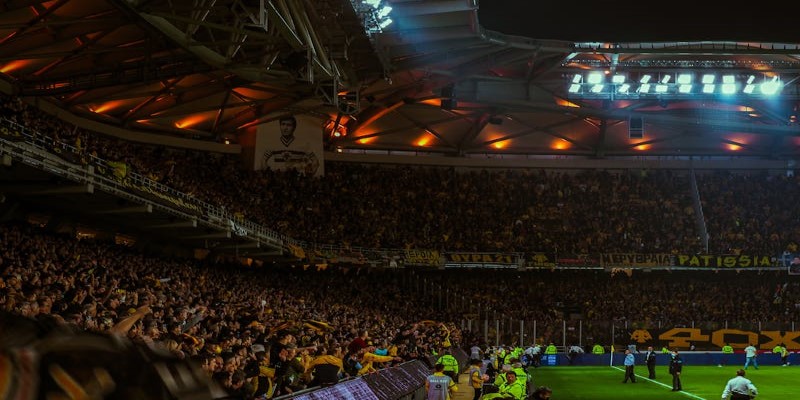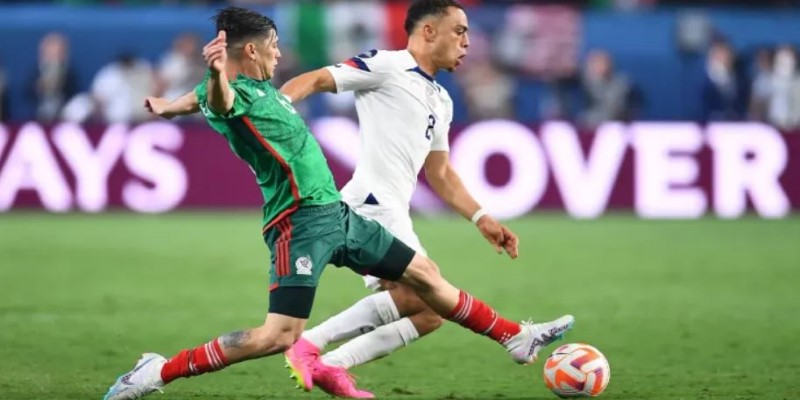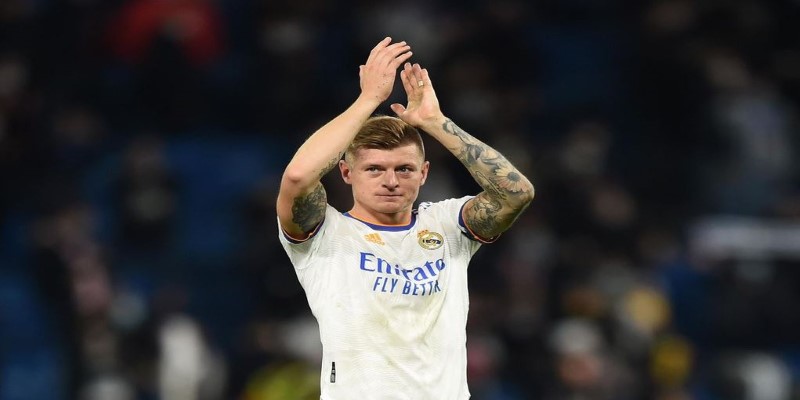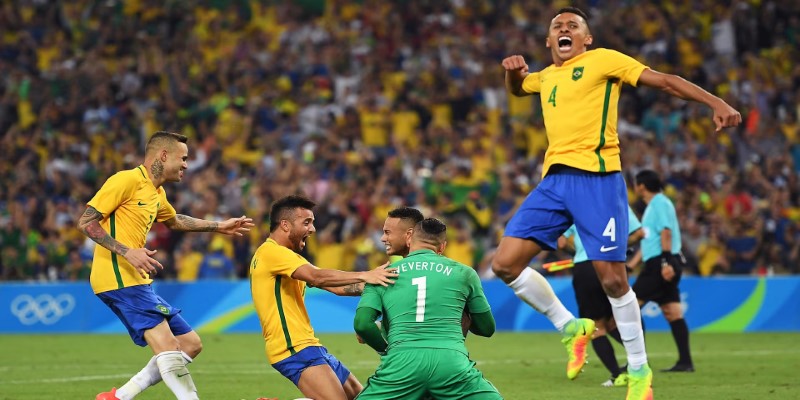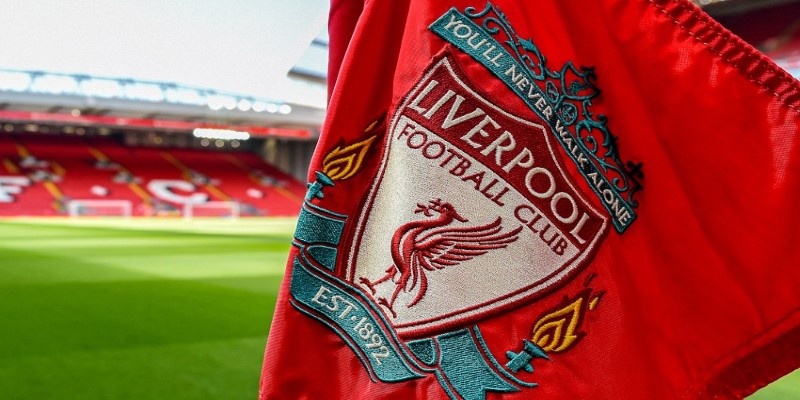The Chinese Super League (CSL) was considered the world's most promising football league. World-class football players were drawn to the league because of its reputation for high-stakes agreements and ambitious targets. But the CSL's journey hasn't exactly been easy.
The CSL's history is filled with highs and lows, ranging from bidding for elite players like Gareth Bale to experiencing financial difficulties that forced them to sell team buses. In this article, we will take you through these highs and lows. So, let's get started!
Chinese Super League (CSL)
In place of the former Jia-A League, the Chinese Super League was established in 2004. It was mostly unknown for many years, with local players and teams controlling the scene. However, when the Chinese government made the decision to aggressively invest in football in the early 2010s, everything changed. Creating an international football powerhouse out of China was the primary objective.
Chinese clubs began investing enormous sums of money to entice elite talent in order to accomplish this. Stars from South America and Europe were presented with attractive contracts that they were unable to turn down.
Golden Era of CSL
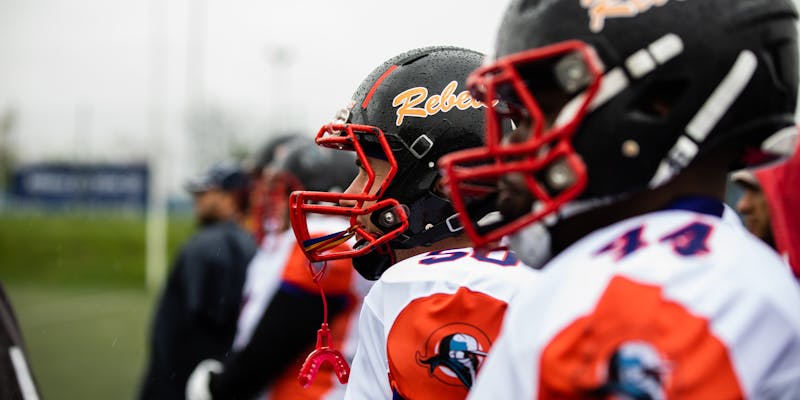
One of the most well-known football players in the world was welcomed by hundreds of ecstatic supporters at Shanghai airport in June 2016. Shanghai SIPG had signed 29-year-old Brazilian superstar Hulk for a reported fee of about 46 million. His weekly salary was an unbelievable 320,000.
Global celebrities with even higher price tags kept coming to the CSL throughout subsequent years. Six months after Hulk joined, Oscar from Chelsea arrived for a weekly salary of 400,000 and a transfer value of approximately sixty million pounds.
Gareth Bale and the CSL
The attempt to pick up Real Madrid's Gareth Bale was one of the most memorable events in the history of the CSL. It is said that Jiangsu Suning made one of the biggest transfer offers in football history to Gare in 2019, offering him a contract of 1 million a week. Even if the agreement eventually fell through, it demonstrated the league's ambition and financial strength.
Chinese clubs broke a number of transfer records during this time. Oscar was acquired by Shanghai SIPG from Chelsea for an estimated sixty million pounds, while Jackson Martinez was acquired by Guangzhou Evergrande for 31 million. These actions dramatically increased the league's profile in addition to garnering notice on a global scale.
The Downfall of CSL
The Chinese Football Association (CFA) implemented measures that focused on excessive spending, which marked the beginning of the CSL's demise. In addition to preventing advertisers from naming teams after themselves, the CFA imposed a luxury tax on high-value overseas player transfers in 2017. A salary limitation was imposed in December 2020, capping the weekly pay for foreign players at 52,000.
These actions were taken with the intention of addressing the league's financial instability as well as the money football culture. Several teams had run up enormous debts as a result of their careless spending. The worsening of the situation led to shorter schedules, games being conducted behind curtains, and a sharp decline in coverage and marketing income.
Club Closures
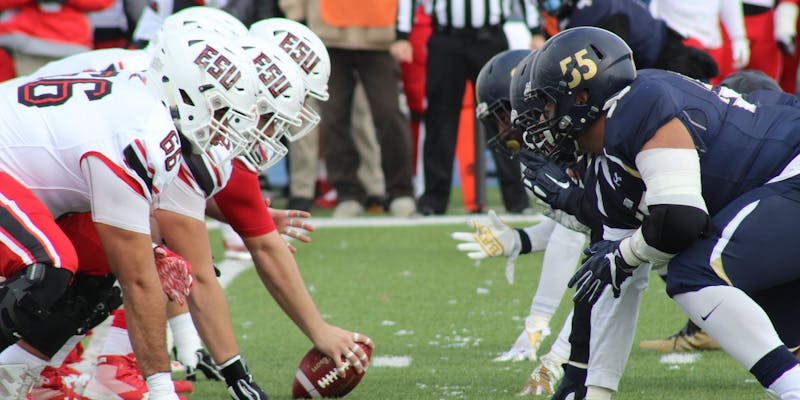
The economic downturn severely impacted numerous clubs. For example, in a final attempt to survive, Hebei FC, which had signed talents like Gervinho, Javier Mascherano, and Ezequiel Lavezzi, was unable to pay its players and even disbanded its junior teams. In spite of these actions, Hebei ultimately gave up. Insurmountable financial issues have forced other clubs, like Guangzhou City, to close.
The league's financial stability began to collapse, and players who had earlier been enticed to China with promising deals started to leave. Carlos Tevez was among several who quit the CSL when its financial problems became evident. Tevez called his time there a holiday. Hebei FC's Bosnia-Herzegovina midfielder Samir Memisevic became aware of problems during his second season when the team was having trouble making payments.
Financial Crises
There came a time when clubs had to adopt severe steps to survive the financial troubles. One startling incident was when Chongqing Liangjiang Athletic raised money by selling their squad bus. The league's terrible financial circumstances and the extreme measures clubs were attempting to survive were represented by this action.
Chongqing Liangjiang Athletic's tale is very instructive. The CSL team, which was formerly competitive, was confronted with growing debt and unpaid salaries. The squad bus was the last thing to be sold to get some fast cash. Sadly, it wasn't enough to keep the club alive, and finally it closed.
Scandals of Corruption
Scandals involving corruption made the CSL's problems worse. Li Tie, the former head of China's men's team and an Everton midfielder was among the prominent individuals accused of corruption. A number of officials, including the earlier chairman of the Chinese Football Association, Chen Xuyuan, were also charged with corruption.
Current Situation and Future Prospects of CSL
There is still hope for Chinese football's future despite these obstacles. The emphasis now is on developing domestic potential rather than bringing in international superstars. Former La Liga employee Alberto Doldan thinks the CSL can bounce back by putting money into developing new players. In his vision, local players will perform at a greater level in the future, boosting the league and China's standing internationally.
The goal of the nation's emerging youth academies is to develop the next wave of football players. These academies concentrate on offering young athletes top-notch instruction, training, and growth opportunities. China aims to create a football culture that is solid and capable of producing players who can compete at the highest levels by placing a strong emphasis on youth development.
Conclusion
The Chinese Super League's (CSL) incredible story of zeal, excess, and breakdown begins with their quest for Gareth Bale and ends with them selling team buses. After making massive financial investments and intending to become the world's premier football league, the league grew quickly, but it fell just as quickly because of financial mismanagement and changes in regulations.
China's domestic football market is still in demand despite the losses, and the league can rebound by emphasizing sustainable growth and supporting domestic talent.

